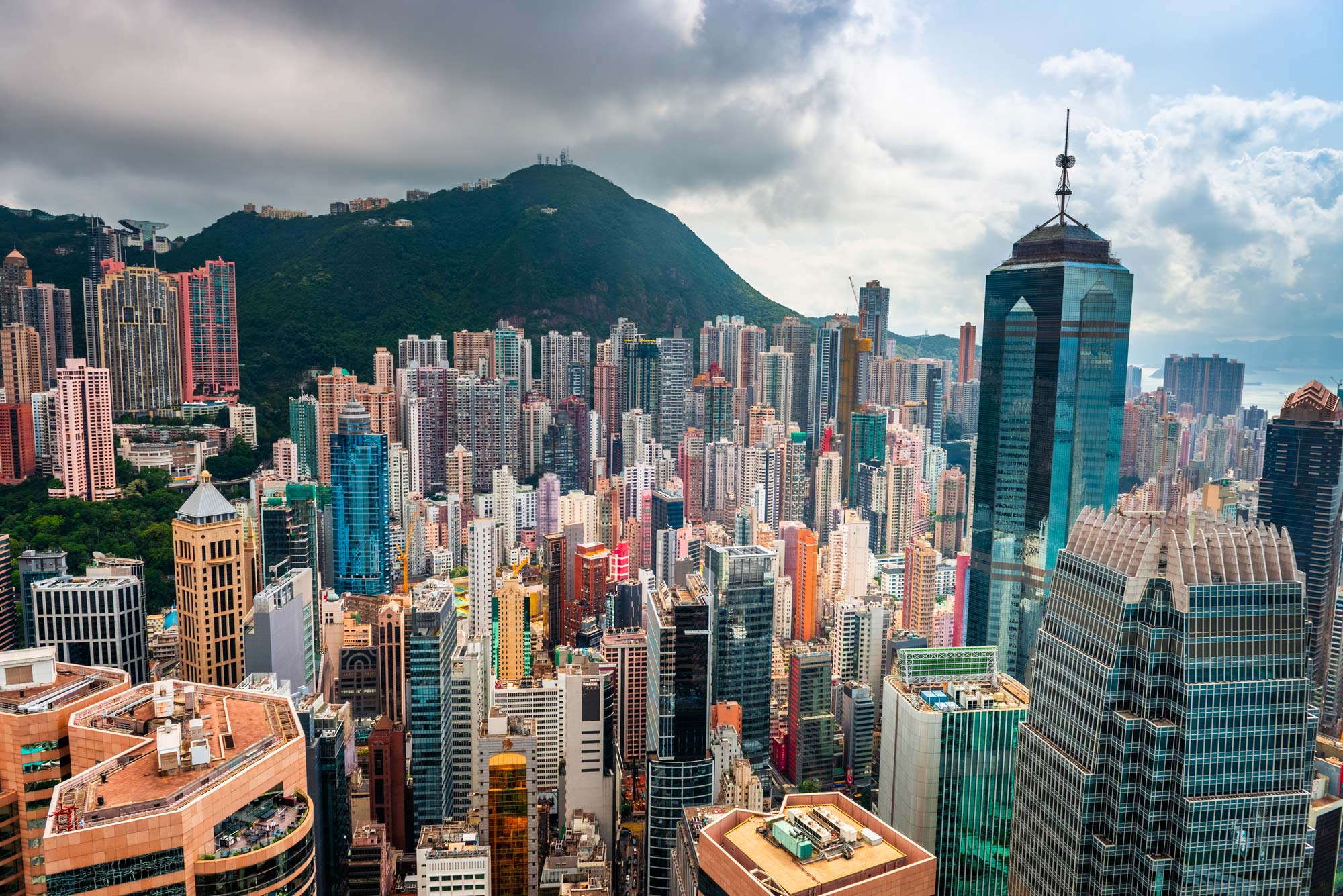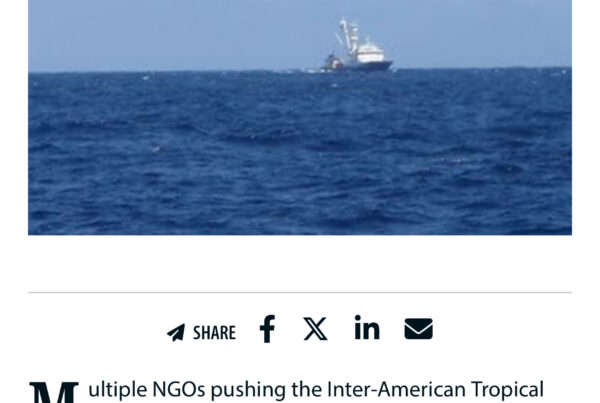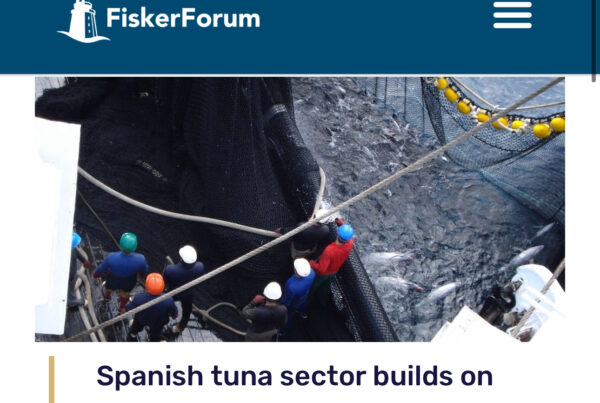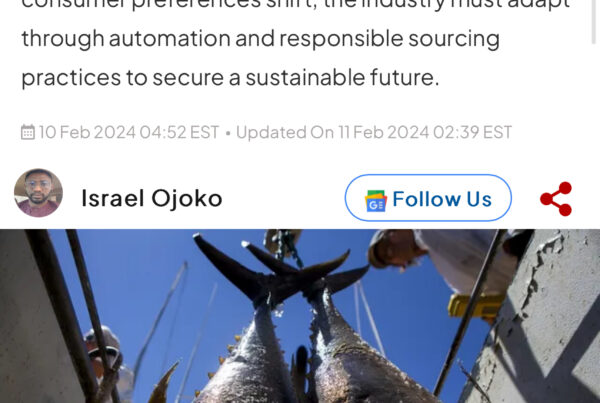China’s Whirlwind Pacific Tour a Slight Success With Several Bilateral Agreements Signed
Chinese Foreign Minister Wang Yi started his region-wide tour last Thursday in Solomon Islands and has since met Pacific leaders from Kiribati, Samoa, Fiji, Tonga, Niue, Cook Islands and Vanuatu. He is on his final lap as he wraps up with visits to Papua New Guinea and Timor Leste on Friday and Saturday.
Beijing’s approach has alarmed Pacific geopolitics-watchers as well as its traditional Western partners, who are cautioning Pacific nations to tread carefully when entering into deals with China, particularly in the sensitive area of security.
But the Asian superpower has declared its efforts to strengthen its relationship with the region does not have any political strings attached to it, even as its efforts to win-over Pacific foreign ministers over a multilateral trade and security deal received a major pushback, which is being seen as a “a big win” for the region. Continue reading here (Source: Radio New Zealand).
Thai Union Releases Last Sustainability Report, Plans to Add Climate Targets
Thai Union has published its 2021 sustainability report to showcase its efforts in realizing its sustainability targets, including plans to decarbonize its operations.
In 2016, Thai Union introduced its global sustainability strategy, SeaChange, which contains measurable commitments to foster transformations across its operations and its supply chain.
Its latest report, released on 31 May, reviews the progress that Thai Union has made through implementing SeaChange over the past year. Continue reading here (Source: SeafoodSource).
Filipino Fisheries Output Declines in First Quarter
Fisheries production in the first quarter declined by 0.2% year on year to 971.50 thousand metric tons (MT) following weak performances by the commercial and marine municipal fisheries, the Philippine Statistics Authority said.
The commercial fisheries sub-sector produced 177.17 thousand MT in the first quarter, down by 8.0% from a year earlier. The subsector’s output accounted for 18.2% of overall fisheries production.
Marine municipal fisheries, which comprised 22.5% of overall output, reported a drop in production of 0.9% to 218.73 thousand MT. Continue reading here (Source: BusinessWorld).
GenSan Fishermen Appeal for Fuel Subsidy, Deferral of Excise Tax
A 300-strong fishermen group here has appealed Monday to the government to help them through subsidies amid the continued rise in fuel prices.
Ruel Libawan, a member of the Minanga Buayan Fishermen Association, said he noticed lately that his expenses for fuel has increased from PHP500 to PHP700.
“We went on fishing early Monday morning on our motored banca but returned with a small catch. It could not even pay our gasoline expense,” Libawan said in the vernacular in an interview Monday. Continue reading here (Source: Philippine News Agency).
Coalition Requests President Biden to Expand Pacific Remote Islands Marine National Monument
Indigenous leaders from the Pacific Remote Islands Coalition officially requested President Joe Biden to use his authority to expand protection of the waters around the Pacific Remote Islands Marine National Monument.
The coalition of cultural practitioners, scientists, conservationists, fishers and community members is working together toward protecting these precious ocean waters. It also has asked the Biden administration to visit the respective Pacific Islands to hear from stakeholders.
The proposed expansion would extend the monument around two sets of islands and atolls from 50 to 200 nautical miles, the full extent of the US Exclusive Economic Zone, making the Pacific Remote Islands Marine National Monument the largest highly protected marine protected area in the world. Continue reading here (Source: Maui Now).
How Well is the Global Treaty to Ban Illegal Fishing Vessels Working?
One of the biggest challenges facing the global ocean is illegal, unreported and unregulated (IUU) fishing. Operating outside the constraints of laws, quotas and licences, IUU vessels commonly overfish, trawl in protected waters and take protected species.
IUU deprives countries of an estimated $26–50 billion annually. It depletes fish stocks and damages biodiversity, while threatening livelihoods and food security. It often takes place in developing coastal states that lack the governance and resources to monitor and protect their fish stocks effectively. More widely, IUU is linked to labor abuses, human trafficking and slavery.
To respond to these threats, in 2016 the UN Food and Agriculture Organization (FAO) brought into force the first legally binding international agreement to tackle IUU fishing. So how does the Agreement on Port State Measures (PSMA) work, and what has it accomplished so far? Continue reading here (Source: The Maritime Executive).



